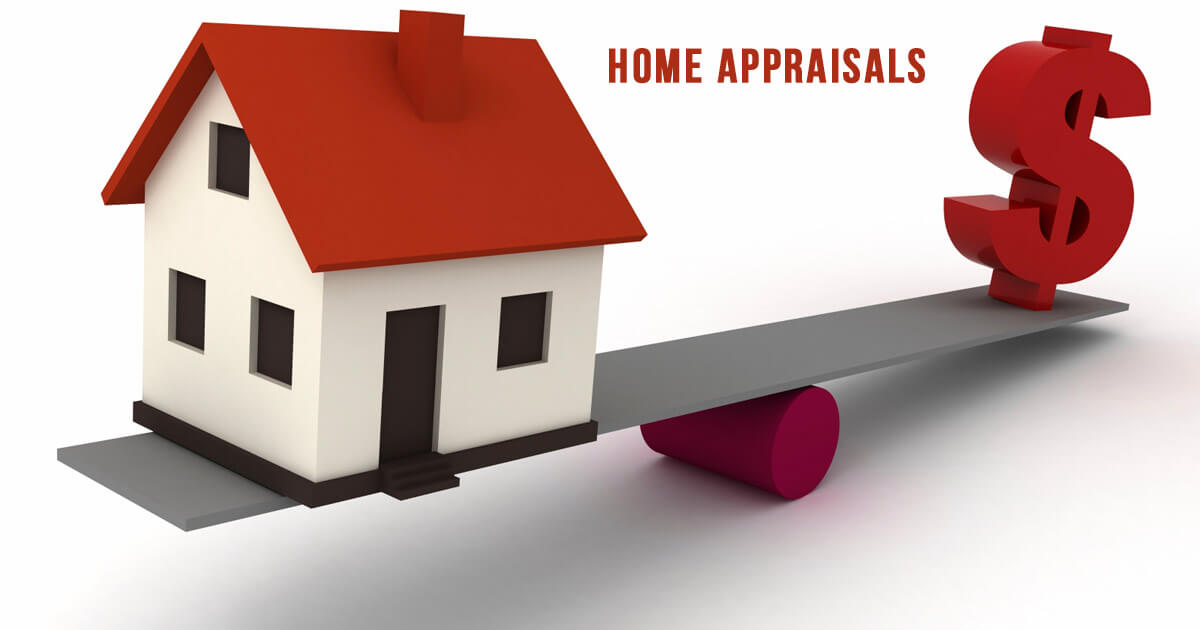


Risk control entails having a plan that is going to minimize the impact of potential risks. Risk avoidance means choosing not to take part in activities that are deemed too risky. Most quality real estate risk management plans are based on three general strategies avoiding risk, controlling risk, and transferring risk. With so many moving parts involved in nearly every aspect of purchasing, selling, and renting property, the margin for error tends to be small while the chances of facing an expensive, time-consuming lawsuit are great.Ĭertainly, having the right business insurance program can help mitigate many of the risks that come with the territory, but what other steps do real estate professionals need to take when putting together a strong real estate risk management program? As a commercial real estate professional, you need to not only make sure that your property is protected, you also need to worry about interactions with clients, employees, tenants, investors, and a variety of other parties involved in your operations.

Risks for Real Estate Managers and OwnersĮven in times when the real estate market is healthy and thriving, there are still a plethora of risks that making a career out of real estate entails.Risks for Real Estate Agents and Brokers.


 0 kommentar(er)
0 kommentar(er)
